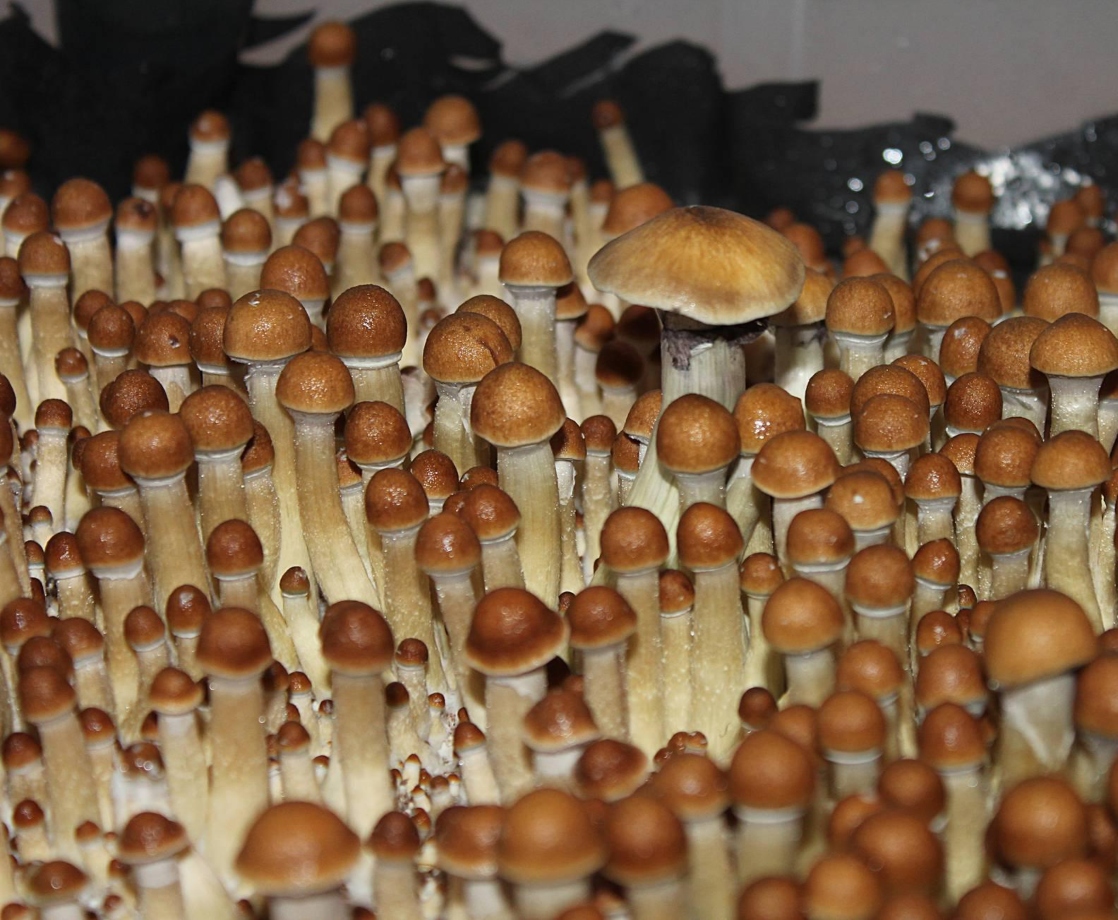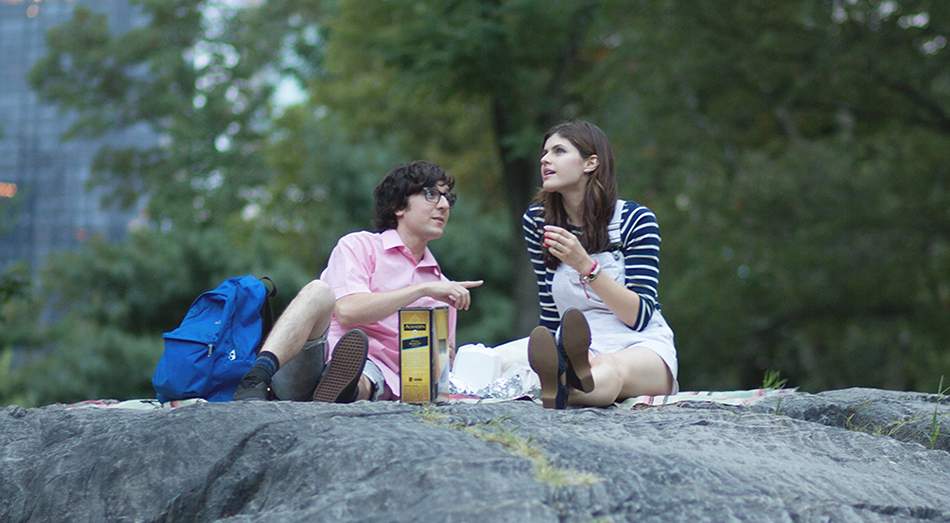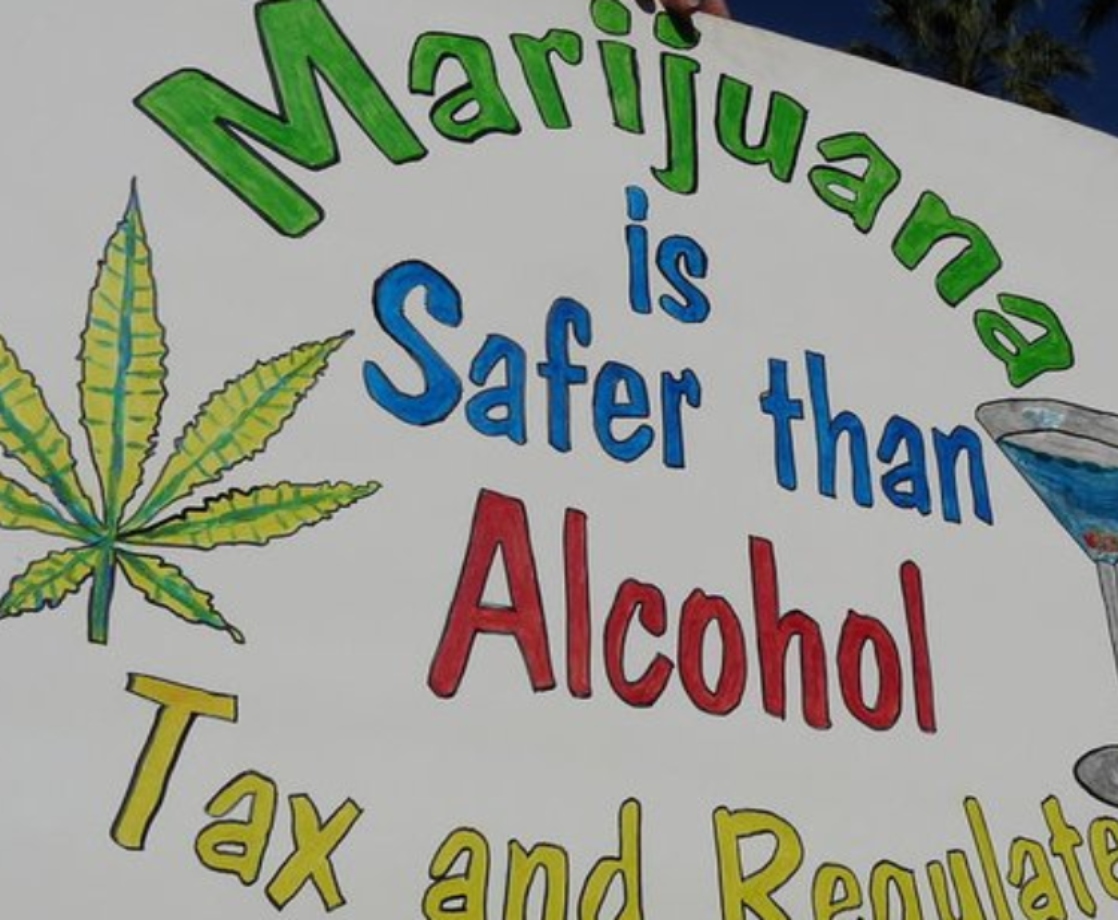The city of Denver is now accepting applications for a government board that will determine the city’s policy with respect to the decriminalization of magic mushrooms.
In May, a small majority of Denver residents voted to approve I-301, an initiative that effectively decriminalized the possession and use of psilocybin mushrooms within city limits. It made headlines all over the world, but I-301 also contained a lesser-known provision that creates a government board dedicated to reviewing the city’s psychedelics policy.
The 11-member Psilocybin Mushroom Policy Review Panel is required to meet (at least) on a quarterly basis in order to discuss the impact of decriminalization on the city. The board is tasked with creating a comprehensive written report that will recommend additional changes to the city’s psychedelics laws and policies. This report, which must be filed by 2021, must take into account the impact of psilocybin decriminalization on public health, administration, safety, and other issues.
“Our target is to have Denver set a precedent for the rest of the country and be an example for what successful implementation of a psilocybin decriminalization initiative looks like in a city,” said Kevin Matthews, who led the Decriminalize Denver campaign that successfully implemented I-301, to Marijuana Moment.
The initiative requires the city to implement this board by December 31, 2019. But officials are already moving ahead with the process, and are hoping to have all of the board members approved by the end of the month. The city is currently accepting applications for the board via their website. Board members will serve for three years, with no compensation.
Gallery — Smoke Weed, Eat Shrooms, and Shine:
The panel seeks to create a balance between potential opponents and proponents of psychedelics reform. Two members of local law enforcement agencies will be asked to serve, along with representatives from the City Attorney’s and local district attorney’s offices. A harm reduction advocate and a criminal defense attorney will also join the board, along with two City Council members. Two more members will be chosen by the petitioners who supported I-301.
Matthews, who is now fighting for nationwide psilocybin decriminalization with his new advocacy group SPORE, hopes that the board will eventually explore broader aspects of psychedelics reform. The initiative “sparked a broader conversation about our city’s enforcement policies when it comes to drug offenders” as well as “behavioral health in general,” Matthews told Marijuana Moment.
“My hope is that we can explore some of these broader issues,” he continued, adding that he hoped to “utilize this panel to really start to explore what’s possible in terms of psilocybin therapy’s being an integral part of Denver’s healthcare system.”
Denver is not alone in its fight for psychedelics reform. Oakland recently passed a city ordinance that prevents law enforcement from using funds to persecute residents for not only psilocybin possession, but pretty much every natural psychedelic. Activists are now working to legalize psilocybin-assisted therapy in Oregon, as well as decriminalize psilocybin possession and cultivation throughout the entire state of California. The Food and Drug Administration has also approved a number of trials that could eventually lead to the federal legalization of psilocybin-assisted therapy.











